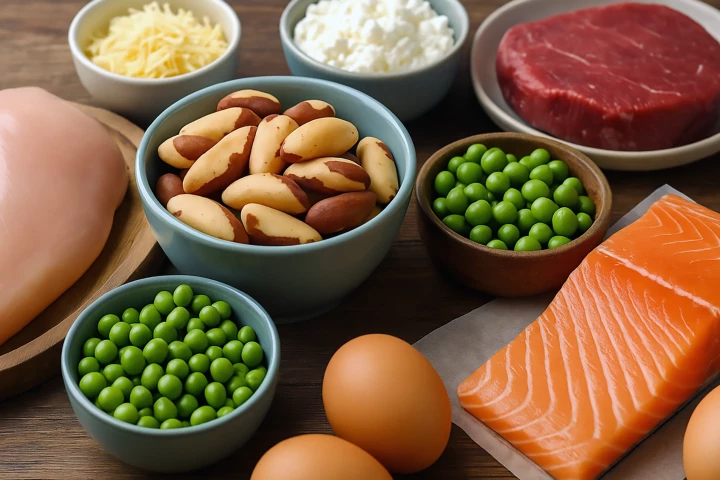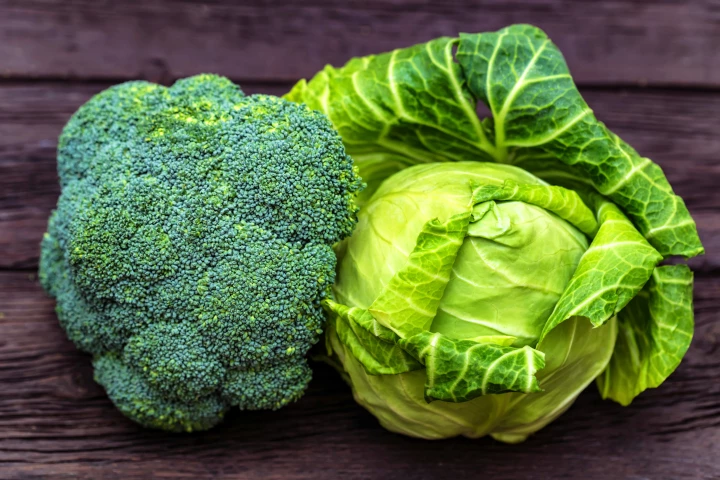Diet
-
Reducing our intake of a single amino acid called methionine, which we get from the food we eat, could help protect against disease and promote healthy aging. Now, scientists have a better method for studying the effects of this critical compound.
-
Alternating between a calorie-restricted plan and one high in fat and sugar, resulting in weight gain, is not just down to psychology and behavior. This kind of weight-loss-gain cycle – yo-yo dieting – has a surprising biological driver: The gut.
-
The findings of a new study suggest that the age-old belief that eating cheese before bed can give you nightmares might actually be true. But it’s not just cheese; other foods, and when you eat them, can make a difference to sleep and dream quality.
-
For the first time, scientists have unraveled how high levels of fructose flip a genetic switch that primes your immune system to overreact to things it would normally ignore. In this "trigger happy" state, the immune system becomes the enemy within.
-
Eating one extra serving of leafy greens a day could help protect your heart, according to a new long-term study that found that a higher intake of vitamin K1, found in spinach, kale and broccoli, was linked to a lower risk of dying from heart disease.
-
In a massive study of nearly 50,000 women spanning 30 years, researchers found that drinking more coffee – to a point – during the ages of 40-65 was linked to less chronic disease, physical mobility issues and cognitive decline in later life.
-
Eating a Western diet permanently affects insulin production and blood sugar control even after the diet is changed and weight is lost. The new research suggests that early intervention is needed to prevent permanent damage from diet-related obesity.
-
If you have an aversion to the bitterness of foods like cabbage or broccoli, you might be a "super-taster," carrying a specific genetic code that dials up taste sensitivity. It may also put you at higher risk of kidney disease and bipolar disorder.
-
If you're trying to avoid sugar in your diet, you'll want to be careful about how you choose and use your artificial sweeteners. A new study shows that a popular sugar substitute called erythritol could increase your risk of suffering a stroke.
-
Diagnosing celiac disease often means exposure to the thing that makes you sick, which can be debilitating. It may soon be simpler and pain-free, with a first-of-a-kind test that can detect and gauge the severity of the disease in a test tube instead.
-
Consuming too much of the dominant fatty acid in olive oil may drive the production of fat cells, creating conditions that could lead to storing more fat long-term. Until now, weight gain has been largely attributed to the calorie content of such fats.
-
A surprising finding from researchers in Japan has shown how an environmental factor can influence the development of sex organs in unborn mice. The discovery challenges the longstanding belief that sex is determined purely by genetic factors.
Load More











